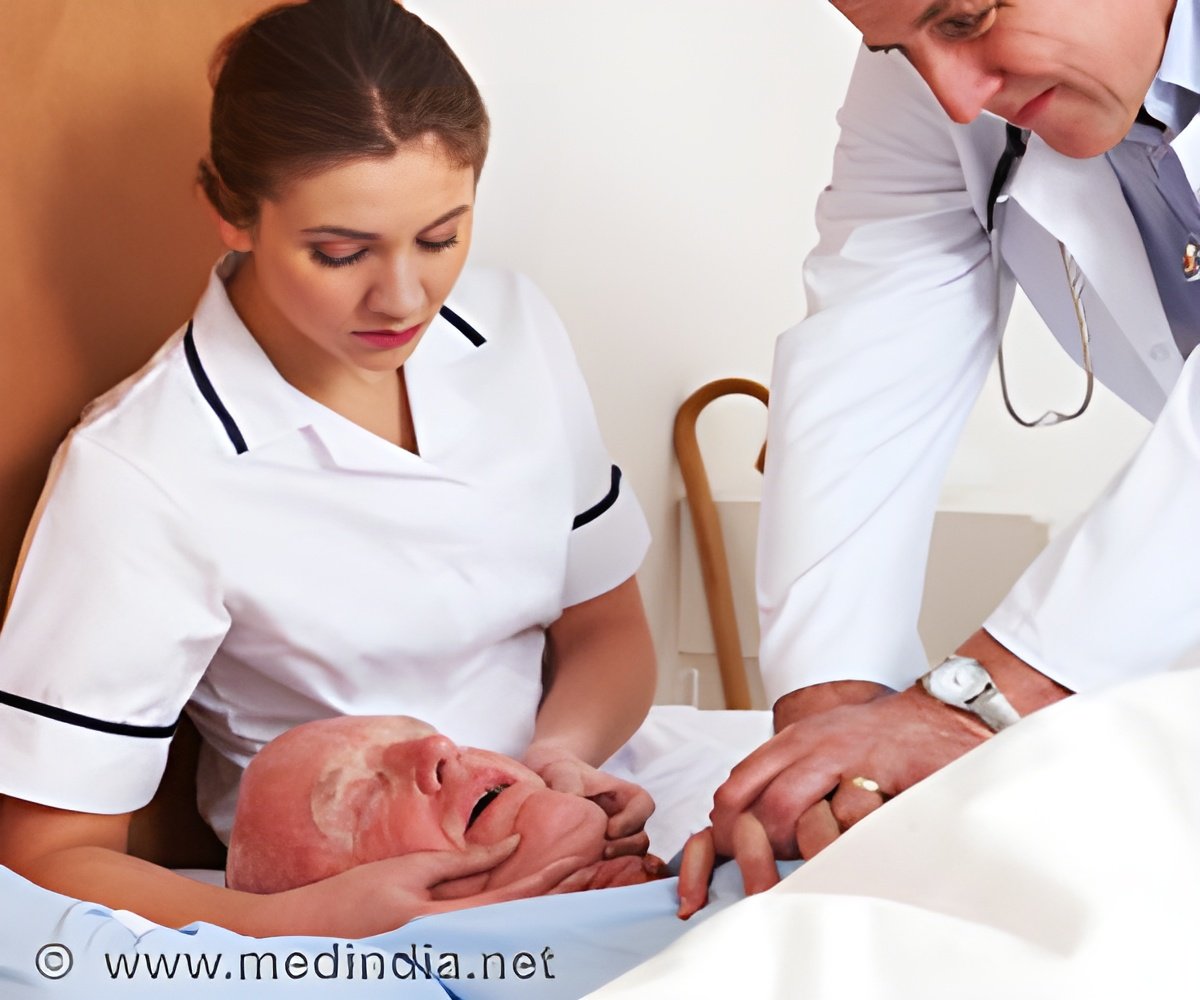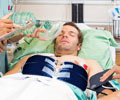Evidence from people with heart disease strongly supports the existence of the molecular link first discovered in laboratory mice between the body's natural circadian rhythms and cardiac arrest

The research, which offers the most focused explanation ever for SCD's predilection for the morning hours, was part of the 246th National Meeting & Exposition of the American Chemical Society (ACS), the world's largest scientific society. The meeting, which features almost 7,000 reports on discoveries in science and other topics, continues through Thursday in the Indiana Convention Center and downtown hotels.
Mukesh Jain, M.D., who reported on the research, said that it pinpoints a previously unrecognized factor in the electrical storm that makes the heart's main pumping chambers suddenly begin to beat erratically in a way that stops the flow of blood to the brain and body. Termed ventricular fibrillation, the condition causes SCD, in which the victim instantly becomes unconscious and dies unless CPR or a defibrillator is available to shock the heart back into its steady beat.
"Sudden cardiac death due to this electrical instability causes an estimated 325,000 deaths annually in the United States alone," Jain explained. He is with Case Western Reserve University in Cleveland. "That includes the 3 out of 4 heart disease deaths in people aged 35-44. In all too many cases, there is no second chance. The first event is the last event. Our research points the way toward possible ways of easing that toll — new drugs that could reduce that risk, for example."
One of the deepest mysteries about SCD has been its timing. Health experts have known for more than 30 years that the erratic heartbeat responsible for SCD strikes most often at certain times of the day. The peak risk hours range from 6 a.m. to 10 a.m., with a smaller peak in the late afternoon.Scientists long suspected a link between SCD and the 24-hour body clock, located in the brain. It governs 24-hour cycles of sleep and wakefulness called circadian rhythms that coordinate a range of body functions with the outside environment.
Jain's group discovered a protein called KLF15 that helps regulate the heart's electrical activity, and occurs in the body in levels that change like clockwork throughout the day. KLF15 helps form channels that allow substances to enter and exit heart cells in ways critical to maintaining a normal, steady heartbeat.
Advertisement
Jain's group is currently studying drugs that boost KLF15 levels. The protein also has effects on other body processes, however. "If we can find out how these compounds are boosting KLF15 levels, then maybe we can make much more targeted and specific therapies for the heart that would prevent SCD, but leave the other KLF15-related processes alone," he explained. Other groups are working on developing genetic tests to identify people who have mutations in the KLF15 gene and would likely be at higher risk of SCD, he noted.
Advertisement















